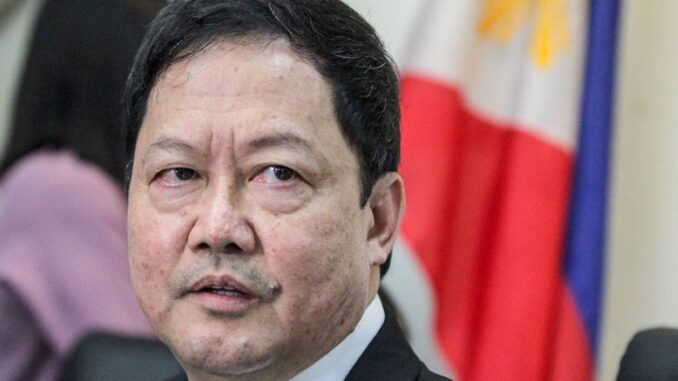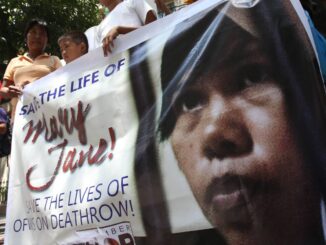
THE Philippines has made a “passionate” plea at the Great Hall of Justice of The Hague-based International Court of Justice (ICJ) for a decisive legal action on the global climate crisis.
In advisory proceedings focused on “Obligations of States in Respect of Climate Change,” the delegation, led by Solicitor General Menardo Guevarra, presented harrowing evidence of the Philippines’ extreme vulnerability to climate change and called for enhanced international accountability under existing legal frameworks.
Opening the proceedings held last Dec. 3, Philippine Ambassador to the Netherlands Eduardo Malaya highlighted the existential threat posed by climate change, calling it “the greatest challenge humanity faces.”
He underscored the Philippines’ experience with unprecedented typhoons and rising heat levels. The seven typhoons that swept through the nation from October to November 2024, including three super typhoons, caused devastation, displacing over 258,000 people and destroying more than 200,000 homes.
Super Typhoon Yolanda (Haiyan), which claimed over 8,000 lives in 2013, was referenced as a grim reminder of the intensifying impact of global warming. The delegation also noted alarming ocean temperature increases leading to widespread coral damage and food security threats.
Solicitor General Guevarra, meanwhile, presented scientific evidence confirming the dire consequences of exceeding 1.5°C of global warming, citing extreme weather events and socioeconomic disruptions.
He said that the environmental crisis caused by anthropogenic greenhouse gas emissions requires urgent collective action.
Drawing on international legal precedents, including the principles of trans-boundary harm and due diligence, the Philippines asserted that states must be held accountable for their contributions to climate change under customary international law, human rights conventions, and treaties such as the United Nations Convention on the Law of the Sea (Unclos).
Permanent Representative to the United Nations Office at Geneva Carlos Sorreta framed the climate crisis as a violation of fundamental human rights and a threat to international peace and security. Referencing United Nations General Assembly resolutions and key human rights treaties, he argued that states are obligated to safeguard their citizens from foreseeable harm due to climate change.
Further, the Philippines highlighted its innovative domestic legal remedy, the Writ of Kalikasan, as a model for international application. This legal tool aims to provide swift justice for large-scale environmental harm and was proposed as a potential framework for global legal redress.
Concluding the presentation, the Philippine delegation urged the ICJ to provide authoritative guidance on the responsibilities of states in combating climate change.
Guevarra called for recognition of state liability for greenhouse gas emissions and the establishment of remedial mechanisms to protect vulnerable nations and future generations.





Be the first to comment